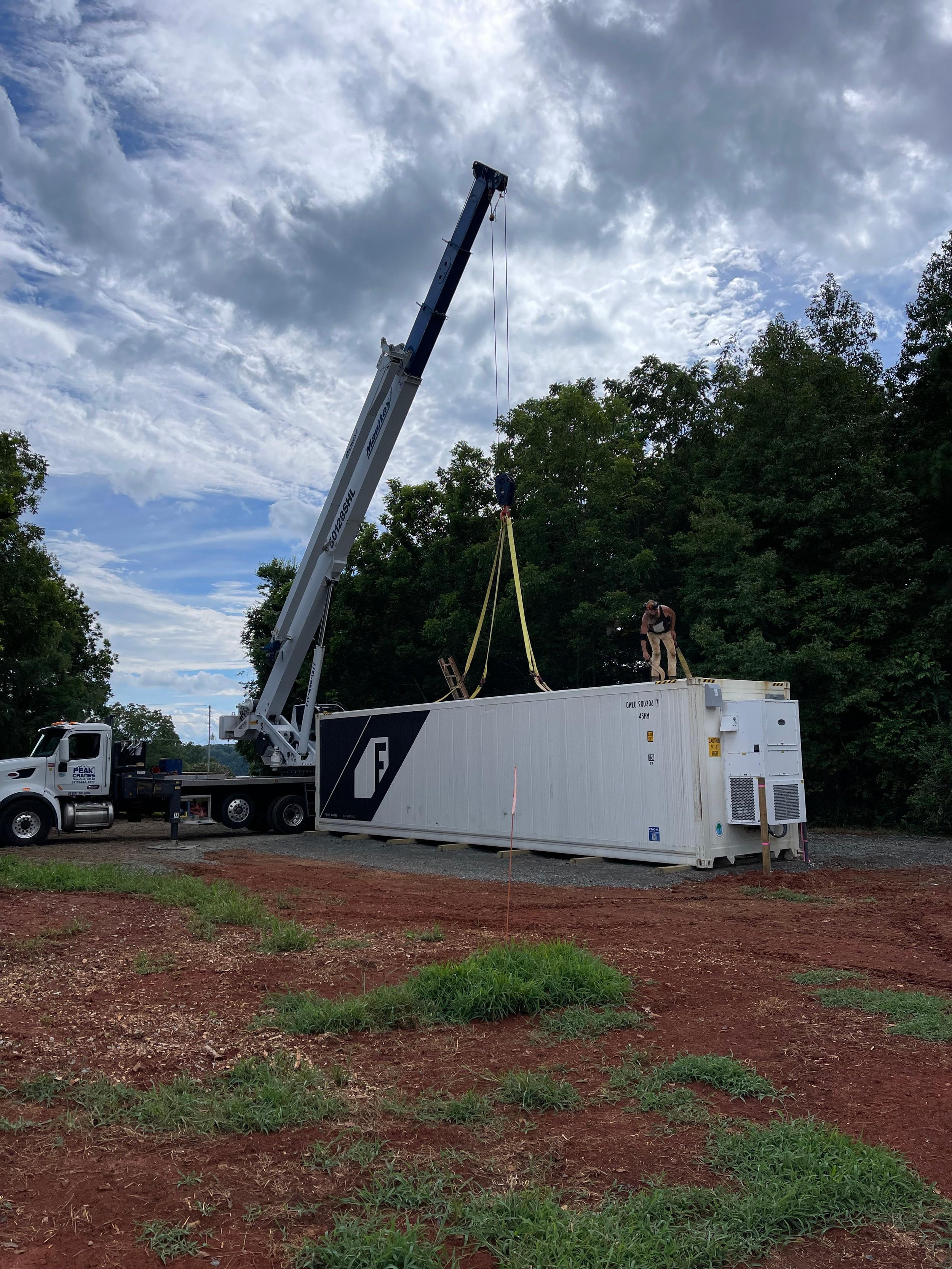The Future of Hospital Nutrition: The Role of On-Site Hydroponic Farms
Hospitals face an ongoing challenge: providing nutritious, fresh, and environmentally sustainable food to patients, staff, and visitors. As dietary health becomes increasingly recognized as critical to patient recovery and overall well-being, hospitals are exploring innovative solutions to enhance food services. One solution gaining traction is the implementation of on-site hydroponic farms. This cutting-edge approach promises to revolutionize hospital nutrition by offering fresh, locally-grown produce year-round, directly on hospital grounds.
Hydroponic farming, a method of growing plants without soil using nutrient-rich water solutions, has emerged as a game-changer. By harnessing this technology, hospitals can ensure a steady supply of high-quality, nutritious vegetables and herbs tailored to meet their patients' dietary needs.
The Challenges of Current Hospital Nutrition
Nutritional Deficiencies
The time it takes for produce to travel from farms to hospital kitchens often results in nutrient loss, compromising the quality of meals served to patients.
Environmental Footprint
The transportation and storage of food contribute to a large carbon footprint, contradicting the sustainability goals of many healthcare institutions.
Cost Inefficiencies
The reliance on third-party suppliers and the logistics involved in food transportation can drive up costs, impacting the overall budget of hospital food services.
Hydroponic Farming: An Innovative Solution
Hydroponic farming offers a sustainable and efficient alternative to traditional agriculture. By growing plants in a controlled environment with nutrient-rich water, hydroponic systems eliminate the need for soil and significantly reduce water usage. The benefits of hydroponics are numerous:
Enhanced Growth Rates
Plants grown hydroponically typically mature faster than those grown in soil, allowing for continuous harvesting cycles.
Pesticide-Free Produce
Controlled environments reduce the need for chemical pesticides, resulting in healthier and safer food options.
Space Efficiency
Vertical hydroponic systems can be set up in limited spaces, making them ideal for urban settings like hospital rooftops or unused indoor areas.
To learn more about hydroponic farming and its advantages, you can visit Freight Farms.
The Benefits of On-Site Hydroponic Farms in Hospitals
Implementing on-site hydroponic farms offers a myriad of benefits for hospitals:
Nutritional Value and Freshness
Hydroponic systems can produce a wide variety of vegetables and herbs with superior nutritional profiles. Freshly harvested produce retains more vitamins and minerals, which are essential for patient recovery.
Environmental Sustainability
Hydroponic farms align with hospitals' sustainability goals by reducing the need for food transportation and minimizing water usage. They also lower the carbon footprint associated with traditional food supply chains.
Cost Savings
While initial investments in hydroponic infrastructure can be significant, the long-term savings from reduced food purchases and transportation costs can be substantial.
Enhanced Patient and Staff Well-being
Access to fresh, nutritious food can improve patient outcomes and satisfaction. Moreover, hospital staff benefit from healthier meal options, contributing to overall workplace well-being.
Explore how on-site hydroponic farms can transform hospital food services by visiting Freight Farms' Case Studies.
Implementing Hydroponic Farms in Hospitals
Setting up a hydroponic farm at a hospital involves several steps:
Feasibility Study: Assessing the available space, resources, and potential impact on hospital operations.
Initial Investment: Allocating funds for the hydroponic systems, including necessary infrastructure and technology.
Training and Maintenance: Providing staff with the necessary training to manage and maintain the farm effectively.
Integration with Food Services: Coordinating with the hospital's dietary team to incorporate fresh produce into daily meal plans.
While challenges such as initial costs and space constraints may arise, the long-term benefits make hydroponic farms a worthwhile investment.
The Future of Hospital Nutrition with Hydroponic Farms
Integrating hydroponic farms in hospitals is poised to become a standard practice. Several trends and predictions support this outlook:
Advancements in Technology
Innovations in hydroponic farming technology will continue to enhance efficiency, yield, and scalability, making it easier for hospitals to adopt these systems.
Increased Awareness of Nutrition
As the link between diet and health outcomes becomes more evident, hospitals will prioritize fresh, high-quality food options for patients.
Sustainability Initiatives
With a growing focus on sustainability, hospitals will seek eco-friendly solutions like hydroponic farming to reduce their environmental impact.
By embracing hydroponic farming, hospitals can play a pivotal role in promoting health and sustainability. For more insights into the future of hospital nutrition, visit Freight Farms' Blog.
Conclusion
On-site hydroponic farms represent a transformative opportunity for hospitals to enhance their food services. Hospitals can significantly improve patient outcomes, reduce environmental impact, and generate cost savings by providing fresh, nutritious, and locally-grown produce through hydroponic farming. As technology advances and awareness of the benefits of hydroponic farming grows, more hospitals are likely to adopt this innovative approach.
For healthcare institutions looking to explore the potential of hydroponic farms, Freight Farms offers comprehensive solutions and support to guide the implementation process. Embrace the future of hospital nutrition and discover how hydroponic farming can revolutionize your food services.










